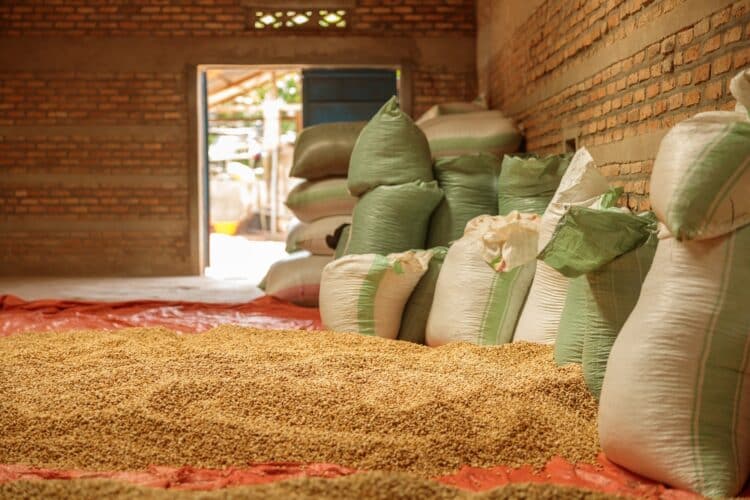The Kenyan Government has reportedly softened its stance on a directive that would require coffee farmers to be paid directly through bank or mobile money accounts following pushback from the industry.
The initiative to pay farmers through a centralised platform managed by Co-operative Bank was due to commence in July.
It was initially planned to target individuals in co-operatives who were reportedly siphoning payments from farmers, and to ensure farmers would have access to the money for the coffee they had grown more quickly.
The policy was initially introduced in 2023 by Co-operatives Cabinet Secretary Wycliffe Oparanya.
Under the program, every kilogram of coffee delivered to a cooperative society was to be valued at 40 Kenyan Shillings (US$0.31), with 80 per cent to flow directly into the farmer’s account. Any surplus after costs could also be distributed back to farmers as a bonus.
Simon Mureithi, a coffee society chair in Nyeri, told Kenya’s Capital Business that cooperatives act as far more than just marketing bodies, and cutting them out of the payment process could prove catastrophic to the country’s coffee industry.
“Our concern is this system risks dismantling cooperatives, which are crucial to farmers,” says Mureithi. “Without them, we lose access to loans, inputs, and essential services.”
Kenya has more than 31,000 agricultural cooperatives, many of which are Savings and Credit Cooperative Societies where members pool their resources to combine their savings and access loans at more reasonable interest rates.





